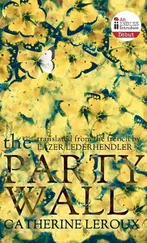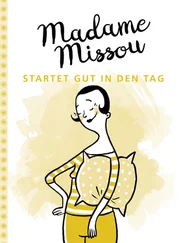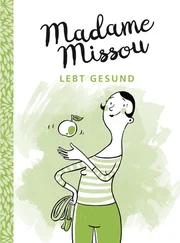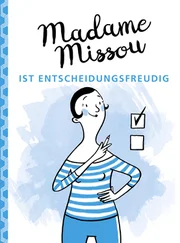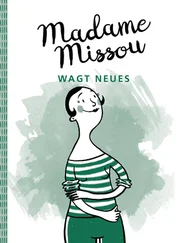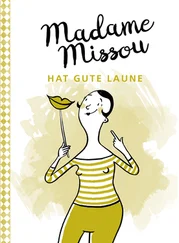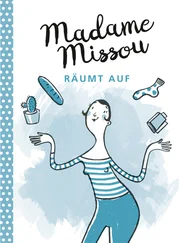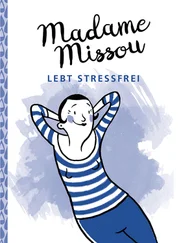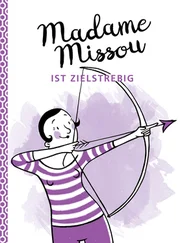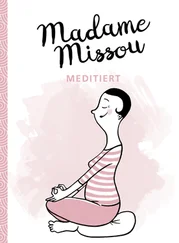Her mother doesn’t smile when she sees her. She utters her name, arches her eyebrows in disbelief, knits her brow; Victoria says her name is Victoria now. Her mother wants to bathe her, feed her, wrap something warm around her, but Victoria refuses. She says, “I’m fine, the little one is fine, I just wanted to see you, I wanted to tell you how great I’m getting along,” then she bursts into sobs. Her mother guides her to a bed redolent of laundry and a roller coaster childhood, and Victoria sleeps for four days. When she awakens, her mother tells her she’s learned “of the child’s passing,” referring in those ceremonious terms to the death of the most important person in her daughter’s life. Victoria hurls a glass at her face. He’s not dead.
She looks for Victor in the harbour, to no avail. The bad weather keeps the sailors well away from the shore. She goes to his house, to the poolroom, and finds him at last on his ATV at the sand quarry among a dozen boys ready to crack their spines just to hear the roar of their engines and send the flea-ridden sand flying. She watches them for an hour until they start to head home. A cigarette pinched between his lips, boots kicking up gravel with every step, Victor is about to walk past without seeing her. She plants herself in the middle of the road, and the small group looks up at her. Her eyes meet his but Victor remains impassive. He doesn’t recognize her. She has wasted away to the point where her features have gotten lost. No one knows her anymore.
Nights on the road are rough; the floodwaters have filled the ditches, the only place she can find shelter and rest. Otherwise she would be visible from the road and vulnerable to harassment. She doesn’t want to be harassed. She wants to stretch out on her back and wish the geese safe journey, and pray that the grasses grow tall and fragrant, and for her baby to be brought back to her. Despite the dampness she stays as dry and brittle as a wisp of straw. Her wound is gone, the bleeding has stopped, there is nothing left of her little one. She would so much like to still be in pain, to feel in her bones the huge tear of his birth. All that remains now is her tiredness, a state she carefully maintains, like those who nurture their drunkenness or emaciation. It has stopped raining on the North Shore. The forests are hatching an army of insects to pepper the summer with tiny stingers.
The days are long by the time she reaches Quebec City. She tells herself that all this light will help her find her baby. Intent on building up her strength, Victoria starts to forage behind restaurants and bakeries, feeding on stale bread. She huddles next to walls to eat, focused and methodical, sometimes falling asleep in spite of herself and waking up covered with trash and droppings, as if men and birds had taken her for a discarded bag.
At the university, she begins to search for her sister. The few people she comes across look at her askance. For a few days she camps out on the deserted grounds but fails to find the main gate, the drawbridge. Finally, a gardener provides the key to the puzzle: “summer vacations.” The campus has been abandoned, and her sister is probably trekking across the Andes or the Sahel desert, looking for someone to save. Yet there is so much to be done right here, hard by the oldest French-language higher learning establishment in the Americas.
From then on Victoria goes into free fall. She sleeps anywhere she can, preferably on the Plains of Abraham or in a park if no one comes to evict her; otherwise, it’s under an overpass or in an alley full of spoiled cats and regal whores. The hookers always give Victoria a friendly greeting and their graciousness cleanses her somewhat. During the day, she combs through the city, certain that her little one can’t be very far. She sharpens her sense of hearing, on the alert for the slightest squeal, the piping voice that she would hear even in a hurricane.
When spoken to she talks about nothing else but the lost baby that she has to rescue from the chaos of the world. He must be hungry, she explains, and she needs to find him before he falls into the wrong hands. Some turn their backs on her, others try to reason with her. A very small and precious minority express their sympathy and sometimes offer to help. “If I see a baby with grey-agate eyes I’ll let you know right away, I promise.” Their words warm her heart; it’s good to know there’s a small army of allies on the lookout in the great City of Quebec.
With the arrival of winter come new pains, gnawing at her extremities, feet, fingers, ears. Her allies clothe her, reassure her: her baby is snug as a bug, not to worry, he’s warm and waiting for her in a comfortable little bed somewhere, protected from the blowing snow. Victoria nods, thrusts her hands into the fetid old mittens that keep her alive. Sometimes she’s brought to shelters, crowded dormitories where she’s instructed to eat at mealtime, wash at shower time, sleep at bedtime, and keep out of the icy winds that, they tell her, cast people like her out of the world of the living. She runs away as soon as she can, unable to remain cut off from the open spaces full of the sounds and threads that connect mothers and children. She goes to hang around church squares and the aromatic entrances of cafés. She’s no longer afraid or sad.
The searching takes her from winter to spring, from summer to autumn, to another spring, another winter; she lets the wheel spin without keeping count. Her hair turns brittle, her fingernails split, her lips become raw, and her skin sags, but she is still just as young. Her body crumbles but stays whole, becomes gnarled but stays smooth. Sometimes she senses Victor watching her from afar, and she strikes a pose to show him her bum, her smiling breasts, her lively mouth like a fish that’s just been thrown back into the water. She is thin. It was inevitable—she’s become an arrow and her whole being points north.
It happens in the frozen depths of winter. Her pure and weary body brings her the answer the city could not give her. She is huddled under a warm air vent outside a bar sending out all the joys of the world. This is when she feels the first tingle. In her belly, in the uterus she had kept empty and prepared for everything. A bubble bursts, a butterfly wing grazes the surface of the universe. She places her purplish hands on her abdomen and raises her eyes toward the dazzling precision of the stars. “Stay calm, Victoria. Wait till you’re sure.”
When spring arrives there’s no room for doubt. Her belly has swelled with an unmistakable little bump whose movements can’t be ignored any longer. Already the salutary pains tug at her and the breath that rises from the life stirring there confirms what she should have guessed: she should have searched for her little one not in the streets of a city trodden by her own history but right inside her, where he had taken shelter and waited for the right moment to signal his presence, to let his mother know he had never left.
Buoyed by this good news, Victoria sets out again. She heads north, where the cold is direct and the light is slant. She carries her baby to the places of his earliest days, knowing she is strong enough this time to take him around, to show him the pliant landscape, the fields and strands that belong to him, to walk with him for years.
He is born at night in a stand of firs as tight as a tunnel, and she holds him closely without seeing him. He isn’t sticky like the first time, or as noisy or hungry, and she felt no pain. As soon as he’s out, he breaks free of her grasp like a young partridge eager to take wing. He twirls around her while she catches her breath. She curls up and touches her belly, which she notices is still hard and full. She’s at once empty and full. The baby nuzzles up against her, and his caresses come from within her and from out there all at the same time. He’s both inside and outside.
Читать дальше

